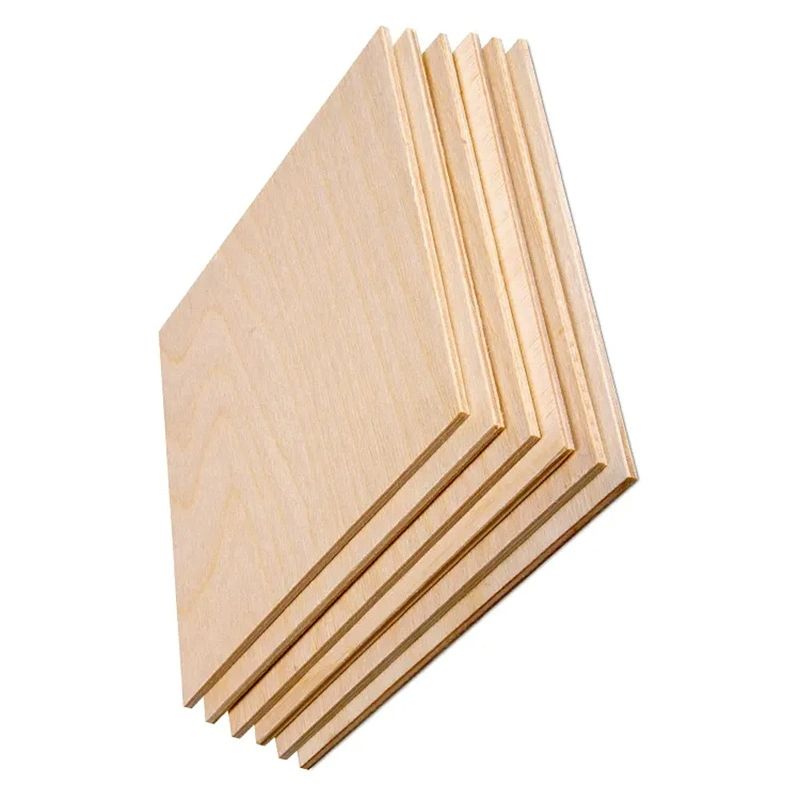What Makes Construction Plywood an Ideal Choice for Building Projects?
2025-07-09
When it comes to selecting materials for construction, durability, versatility, and cost-effectiveness are at the top of every builder’s list. Construction plywood has steadily proven itself to be a reliable choice across various types of building projects, from residential structures to commercial developments. But what exactly makes construction plywood such a popular and practical option in the industry?
Strong Structural Performance
One of the primary reasons construction plywood is favored in building projects is its exceptional strength-to-weight ratio. Manufactured by bonding multiple layers of wood veneer at alternating grain directions, plywood offers greater resistance to warping, cracking, and shrinking compared to solid wood. This cross-laminated structure distributes weight evenly, making it ideal for applications that demand load-bearing capacity, such as flooring, roofing, and wall sheathing.

Versatility Across Applications
Construction plywood is remarkably versatile. Whether you’re building temporary frameworks or permanent structures, it adapts easily to different uses. It can be cut and shaped to meet project-specific requirements without compromising structural integrity. Contractors and architects rely on it for tasks ranging from concrete formwork to furniture base panels. Additionally, it is compatible with a wide range of finishing options, including painting, staining, and laminating.
Cost-Effective and Readily Available
Budget constraints are a common concern in construction. Plywood offers a cost-effective alternative to traditional timber, providing similar strength at a more affordable price. Moreover, its availability in various sizes, thicknesses, and grades means it can be matched to both project needs and budget levels. Whether it’s high-grade plywood for interior finishing or lower-grade sheets for subflooring, there’s an option for every application.
Sustainable and Eco-Friendly
Many manufacturers are now producing construction plywood from sustainable sources, using certified wood and eco-friendly adhesives. This commitment to sustainability allows builders to meet environmental regulations while contributing to greener construction practices. In addition, plywood tends to generate less waste compared to some other materials, making it a smart choice for those seeking to reduce their environmental impact.
Ease of Handling and Installation
Plywood is relatively lightweight compared to materials like concrete or metal, making it easier to transport and install. This can significantly reduce labor time and costs on job sites. Its consistent surface and standardized sizing also streamline cutting, fitting, and fastening, which is a major advantage during large-scale construction.
Construction plywood remains a preferred material in the building industry for good reason. Its strength, adaptability, affordability, and sustainability make it a go-to choice for professionals aiming to balance performance and practicality. Whether for structural or finishing applications, construction plywood continues to deliver results that meet the demands of modern construction.